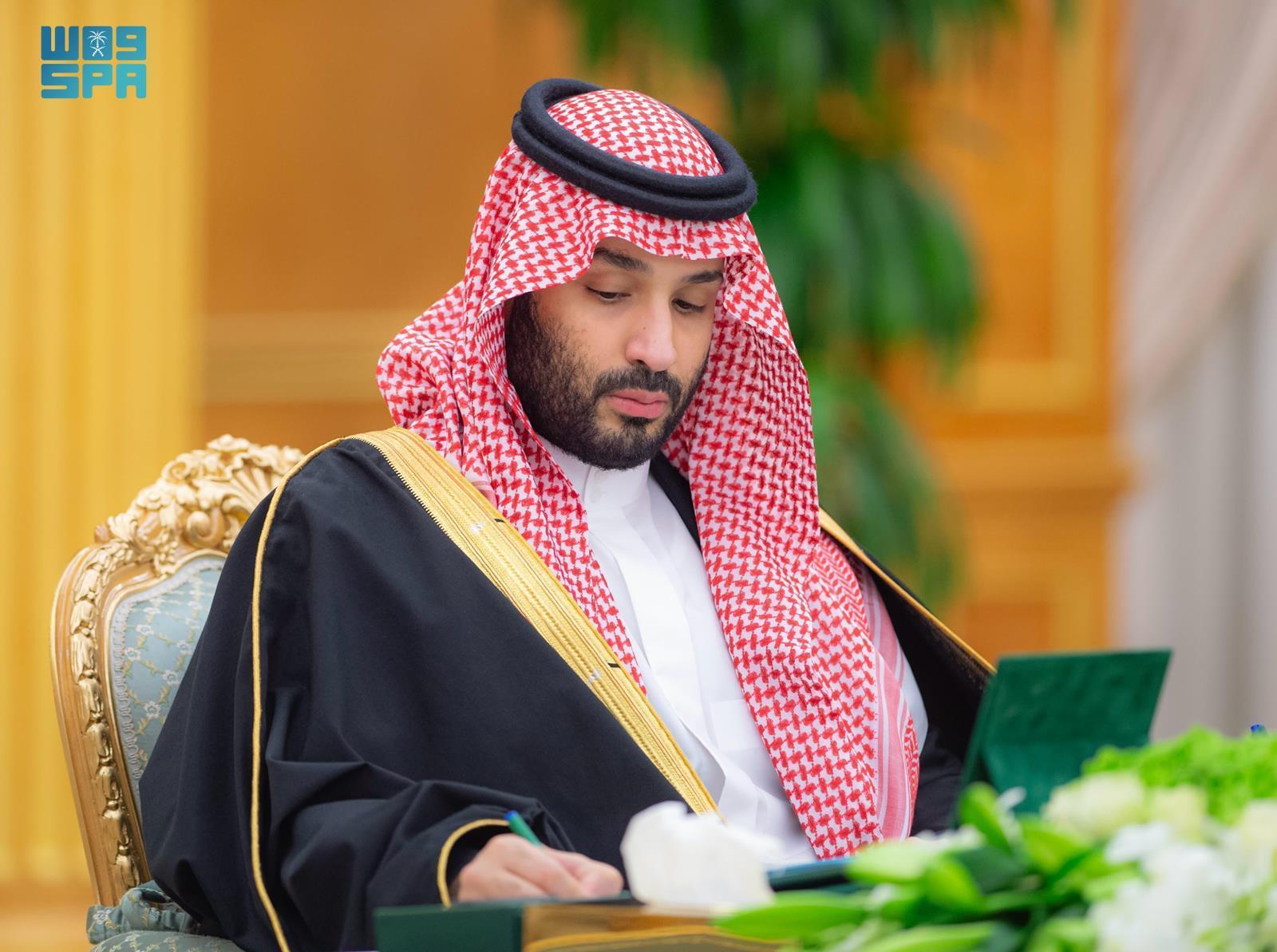Writing in Al-Arabiya, Richard Wilson, SUSTG president and The 966 Co-host, points out the fundamental (rather than flashy) changes that represent Crown Prince Mohammed Bin Salman’s true legacy.
Writing in Al-Arabiya, Saudi-US Trade Group president, Richard Wilson, notes that this month marks eight years since the launch of Saudi Arabia’s Vision 2030 and, “while most Americans (and members of Congress) couldn’t tell you what Vision 2030 entails, they probably have an opinion on LIV Golf, NEOM or Cristiano Ronaldo.”
This focus on the flashy rather than the fundamental distracts from the reality that, “Mohammed Bin Salman’s (MBS) lasting legacy for Saudi Arabia will be his unstinting commitment to systemic economic and fiscal reform. MBS is a Vision 2030 true believer and a relentless administrative and bureaucratic bulldozer who recognizes that the work required to achieve Saudi Arabia’s goals is more fundamental than flashy.”
The article, Doing the Work: MBS’ True Legacy, points out the Kingdom’s top-to-bottom reform of its legal, judicial, and regulatory framework, vastly improved fiscal data, research, and management that enables countercyclical fiscal policy and the re-imagining of the Public Investment Fund to be the primary driver for domestic diversification.
Key quotes include:
“The ‘work’ includes top-to-bottom reform of the Kingdom’s legal, judicial, and regulatory framework. It is unglamorous and often politically difficult. It entails the touchy business of codifying sharia law to integrate internationally accepted legal and judicial practices. As a result, three new laws have come into effect. The Personal Status Law deals extensively with the rights of women, in particular. The Civil Transactions Law has over 700 articles concerning financial transactions and contracts, critical to assuring transparency and legal recourse. The Law of Evidence also covers civil and commercial transactions.”
“Critically for potential investors, as Saudi Arabia has improved its fiscal data, research, and management it is able to move toward a more countercyclical fiscal policy. A 2022 IMF study found that when revenues increase, GCC states have historically, deepened their dependency on oil and gas, increased wages and hirings in the public sector, expanded social safety nets, and ramped up capital expenditure. This boom/bust cycle not only reinforces detrimental spending habits but undermines the confidence of potential long-term investors.”
“The PIF has now established 92 portfolio companies with $40-$50 billion deployed domestically each year (and a commitment to deploy $70 billion annually after 2025). The PIF has not only catalyzed potentially lucrative sectors such as tourism, entertainment, mining, and sports, it has also compelled internationally accepted accounting practices and transparent bid processes in sector after sector.”
To read the full article, click here.









